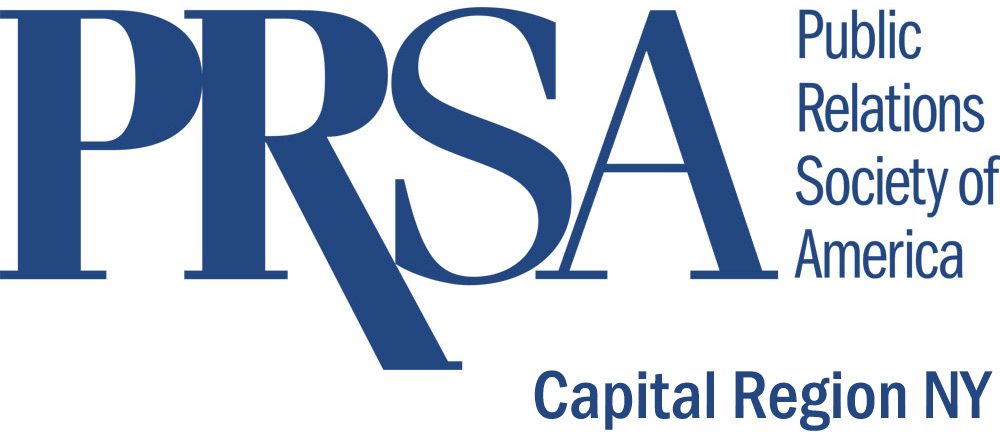By Jennifer Miller
President-elect, PRSA Capital Region Chapter
Director of Communications, Commission on Independent Colleges and Universities (cIcu)
There are many times when the terms, public relations (PR) and media relations are used interchangeably. Media relations is a key job responsibility for many PR professionals, but is not the only one. In fact, according to PRSA national’s website, the definition of public relations is: “… a strategic communication process that builds mutually beneficial relationships between organizations and their publics.” The word media does not specifically appear in the definition, and if you were to look at the actual job descriptions of many of the PR professionals in our PRSA Capital Region Chapter you would probably see that a vast majority of us are responsible for much more than just serving as the media contact.
In larger organizations, the specific media relations role is still alive and well. However, in small and mid-size organizations, the task of media relations falls broadly into the public relations bucket along with other tasks including website and social media updates, publication development and creative design review, event planning and presentations. In some cases, the same staff that is drafting a press release is also responsible for advertising and marketing efforts. Additionally, public relations firms provide more than just media relations services to their clients. Several firms in the Capital Region Chapter plan large events, as well as develop copy for web and print publications, in addition to pitching stories.
I can relate completely to the variety of roles for the PR generalist. In my own day-to-day responsibilities as director of communications for a statewide, independent higher education association, I constantly move between public relations tasks–from web and social media updates to event planning to media releases. The common thread is that the tasks are all focused on communicating key messages to our many audiences.
In fact, one of my recent PR projects was the planning and execution of the New York Student Aid Alliance Advocacy Day. This is an event where hundreds of students, faculty, financial aid, and opportunity program administrators from across New York State to come together in Albany to show support for student aid funding and higher education. The event did receive some media coverage; however, our overall goal was for as many students as possible to meet in person with state legislators to discuss what state student aid means to them. This contact has a more direct and lasting impact than just issuing a press release. The media coverage is important, but I would maintain it is one of several tactics we use to accomplish our overall goal.
The role of a media relations specialist is also changing significantly with the contraction of major media outlets and the rise of citizen journalists, social media, and blogs. This contraction is happening locally with layoffs at two daily newspapers and a local TV affiliate. National outlets are not immune, as we have seen recent reports of layoffs at The New York Times. These contractions have caused a shift in the nature of news and media as print, TV, and radio journalists are asked to do more with less. In response to the changing media landscape, PR professionals are using new ways to create, generate, and distribute their own content including online newsrooms like this one at Excelsior College.
So what does this mean for us as PR practitioners? As students, entry-level professionals, or experienced PR managers, we should always seek ways to build and enhance our PR skill set. Reading relevant articles, keeping up to date on trends, and networking will help all of us prepare for where the future of PR might take us. Like the field of public relations, we as professionals need to change as our profession changes.
Here are a few ideas for building your PR skills:
–Attend local PRSA networking events
–Watch a webinar (free to PRSA members)
–Identify what job skills employers are looking for
–Get Accredited in Public Relations (APR)
